What to read about Congo
Six of the best books about an African giant
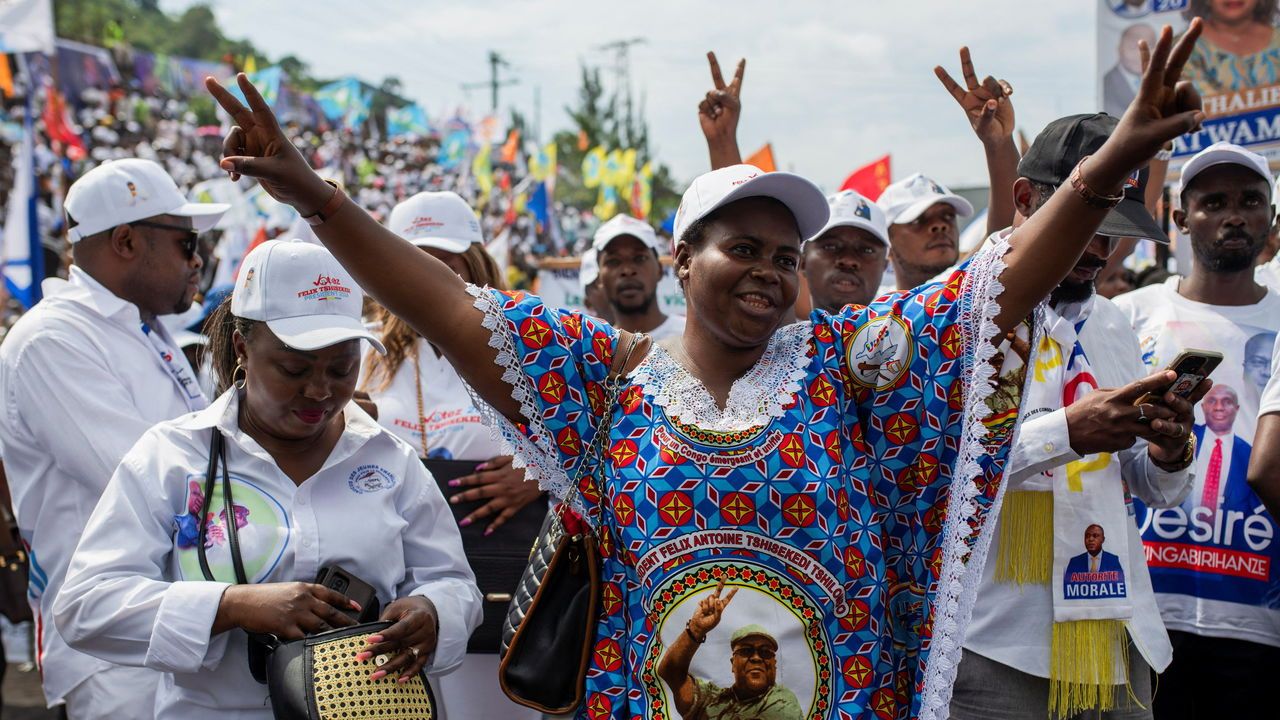
THE GHOST of Joseph Conrad haunts the writer of any book about the Democratic Republic of Congo. “Heart of Darkness”, published in 1902, is ultimately a tale of man and mania. But Conrad’s suggestion that there is something about “prehistoric” Congo itself that brings out the darker side of humanity has influenced many bad books by foreign writers keen to show their ostensible courage in reporting from the country. The books recommended here, by contrast, either provide meticulously researched accounts of a traumatic history or show that there is more to this awesome (in every sense) country than violence, graft and poverty. As Congolese prepare to go to the polls in a general election due on December 20th, there is no better time to read them.
Congo: The Epic History of a People. By David Van Reybrouck. HarperCollins; 656 pages; $19.99 and £12.99
This is a masterpiece. David Van Reybrouck, a Belgian historian, mixes archival research, family history (his father was a railway engineer after Congo’s independence in 1960) and extensive reportage. It is all there: the avarice and brutality of Leopold II, the Belgian king who in the late 19th and early 20th centuries ran Congo as his fief; the exploitation of Congo when it later formally became Belgian colony; the chaos that followed independence; the kleptocracy of Mobutu Sese Seko; the wars after the dictator’s death in 1997. But what sets the book apart is that it is also replete with the voices of the Congolese themselves.
King Leopold’s Ghost. By Adam Hochschild. Houghton Mifflin; 366 pages; $26. Macmillan; £22.50
Countries rarely confront the brutal parts of their past. Only under Emmanuel Macron has France begun to acknowledge the atrocities it committed during its war in Algeria in 1954-62. Britain glosses over the deaths it caused in pre-independence Kenya. Americans are still fed romantic accounts of the conquests of native Americans. But perhaps no country has had such willful amnesia as Belgium. King Leopold’s Congo Free State, as the privatised country was called, killed, maimed and tortured on an epic scale—such was the frenzy to supply the rocketing demand for rubber, caused by the advent of the automobile. Workers who did not meet their quotas had their hands—or their children’s—chopped off. Belgian governments, which knew about the atrocities, ignored them. One of the consequences of Adam Hoschild’s bestselling account of this gruesome history has been to encourage a belated—and partial—reckoning.
The Lumumba Plot. By Stuart Reid. Knopf; 624 pages; $35 and £30
This rollicking read tells the story of the assassination of Patrice Lumumba, who was prime minister of post-independence Congo for less than three months before he was murdered at the age of 35. Stuart Reid, an editor at Foreign Affairs, explains how both Belgium, which wanted to maintain influence over the resource-rich country, and the United States, which wrongly saw Lumumba as a Communist, conspired with his Congolese opponents to bring about his death. It is a shameful episode but one Mr Reid tells with verve and thoughtfulness. Many left-wingers on the continent and beyond lionise Lumumba as an anti-colonialist hero. Mr Reid does not. But his book raises the question of whether Congo might have turned out differently had perfidious outsiders not interfered.
In the Footsteps of Mr Kurtz: Living on the Brink of Disaster in the Congo. By Michela Wrong. Harper Perennial; 368 pages; $14.99. HarperCollins; £10.99
In this book Michela Wrong, a doughty foreign correspondent, blends reportage from her time covering Congo with a history of Mobutu’s reign. She explains how he charmed, bribed and tortured his way through more than three decades in power. But, like Mr Reid’s book, hers shows that it is often foreigners who enable the worst Congolese abuses. Mobutu was propped up by a West that was eager to believe that he was a bulwark against Soviet incursions into Africa. Though full of bleakness, “In the Footsteps of Mr Kurtz” also brings out the darkly comic episodes of Mobutu’s reign: he hosted Muhammed Ali’s “rumble in the jungle” and sipped pink champagne in his remote hideout with a runway long enough to welcome Concorde.
The War That Doesn’t Say Its Name. By Jason Stearns. Princeton University Press; 328 pages; $22.95 and £28
Jason Stearns, an American writer, has documented the wars that have engulfed Congo since the fall of Mobutu. His first book, “Dancing in the Glory of Monsters”, is the best account of the first and second Congo wars in the 1990s. In the first war, neighbouring states, especially Rwanda and Uganda, invaded Congo to topple Mobutu and replace him with Laurent-Désiré Kabila. The second war, which broke out when Kabila fell out with his backers, pulled in myriad rebel groups and other African states. Millions died as a result. Mr Stearns’s second book, “The War That Doesn’t Say Its Name”, is less epic but brings the story up to date by looking at how the end of that war did not bring peace to eastern Congo. Rather than dwell on the horror, Mr Stearns explains the reasons why the conflicts endure. In doing this he dispels the Conradian idea that there is something inherently barbaric about Congo. Instead, he writes, much of the violence is driven by rational self-interest, as well as by naive or malevolent outsiders.
Tram 83. By Fiston Mwanza Mujila. Deep Vellum Publishing; 224 pages; $13.95 and £13
Mining is a central part of Congo’s past and present. Uranium from Congo went into the bomb dropped on Hiroshima in 1945. Today, in the Katanga region, Western and Chinese mining firms compete for control over reserves of copper and cobalt, a metal used in electric-vehicle and other batteries. In the east coltan and other minerals attract militia and their regional backers. Yet few accounts tell the story of the miners themselves. “Tram 83”, the debut novel by Fiston Mwanza Mujila, a Congolese author, does a better job of bringing to life the realities in a Congolese mining town than any report by an NGO or foreign journalist.
Also try:
The Economist reports from all across Congo. We have continued to document the conflicts in the east. We have dug, so to speak, into what really happens at small-scale mines in the copper belt. And ahead of the upcoming elections we have asked whether Félix Tshisekedi, the country’s president, will hold on to power. The newspaper has also tried to reveal other aspects of Congolese life, such as the beer-merchants on its eponymous river, its cheesemakers and its artists. ■
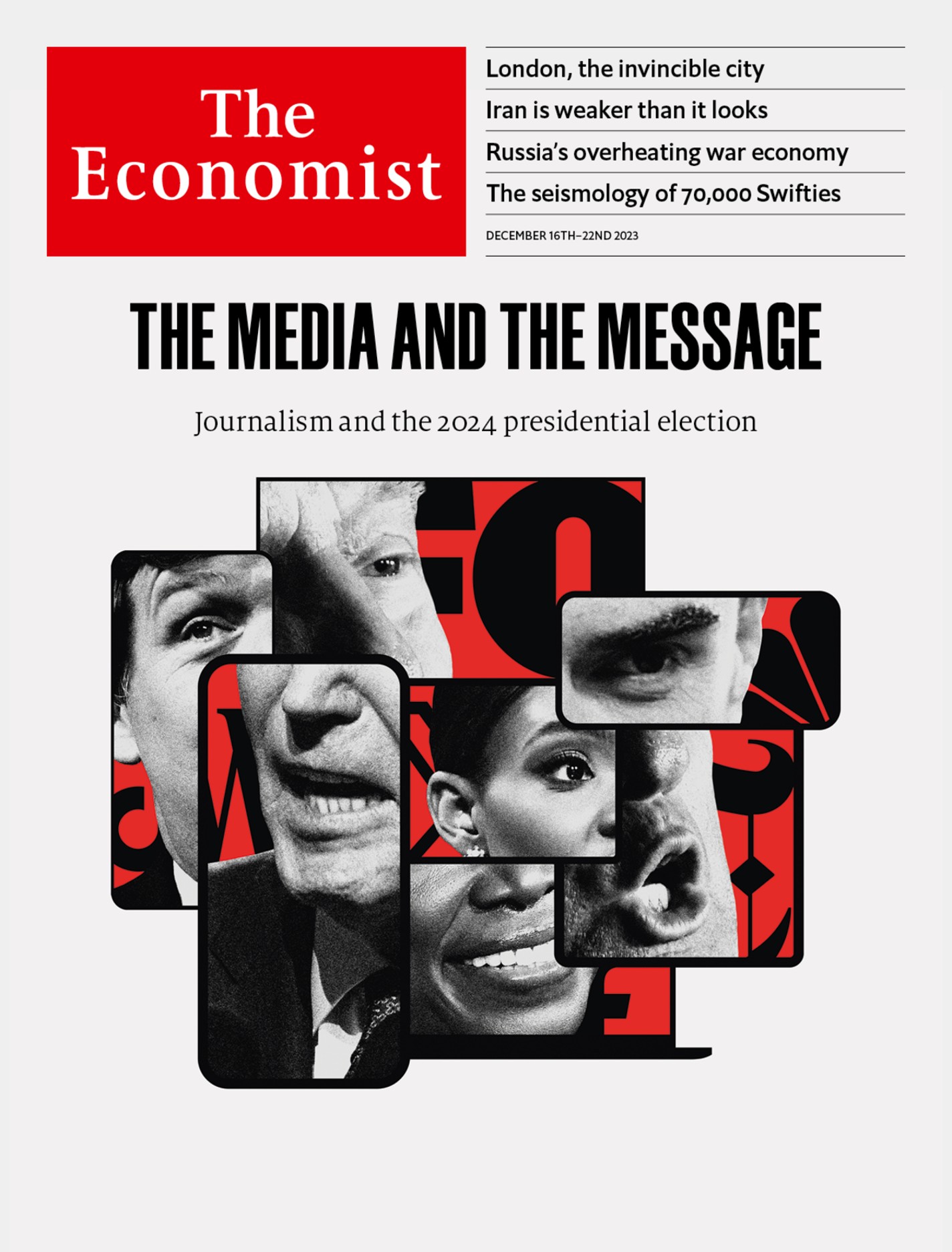
From the December 16th 2023 edition
Discover stories from this section and more in the list of contents
Explore the editionMore from The Economist reads
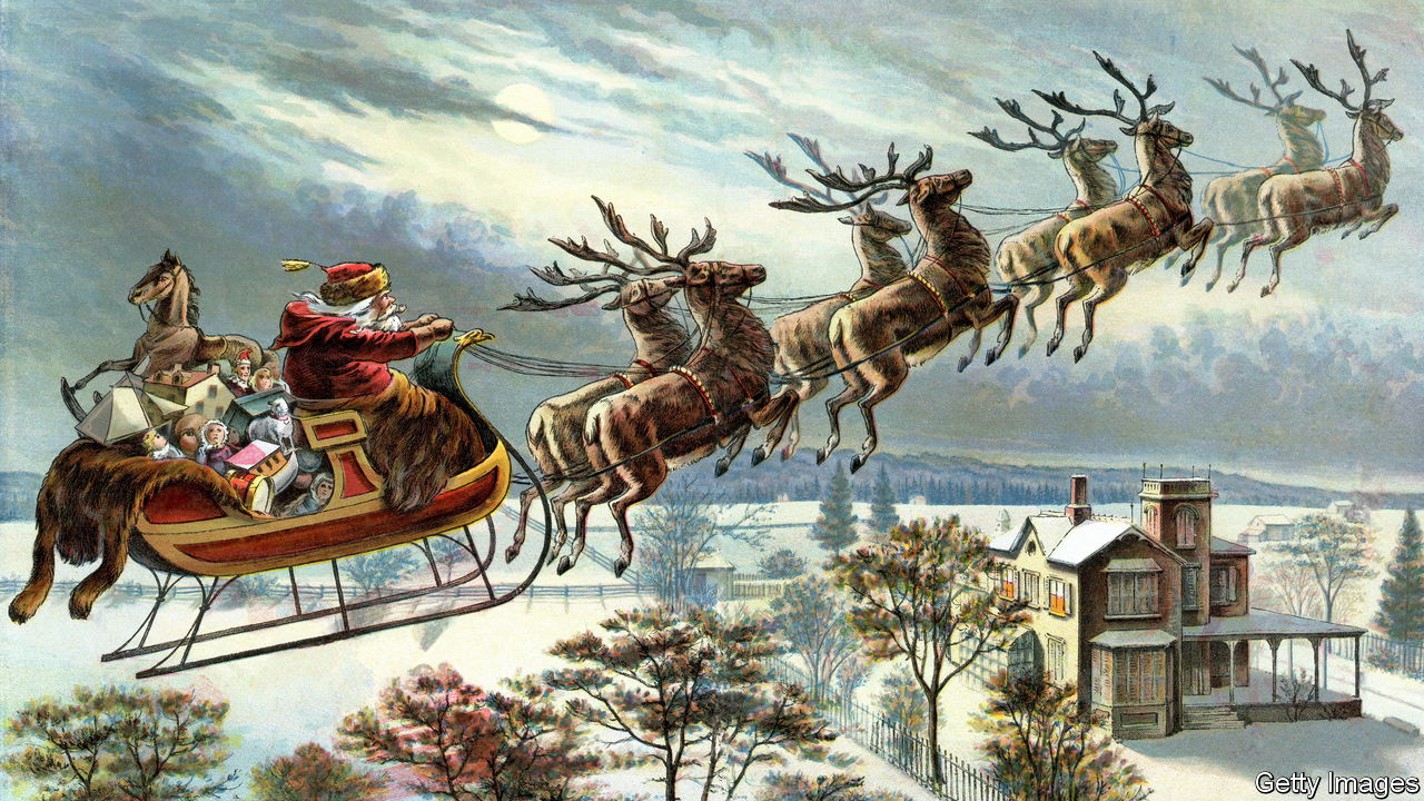
What to read about Christmas
Whether you’re sentimental or snarky about the holiday, there’s a book here for you
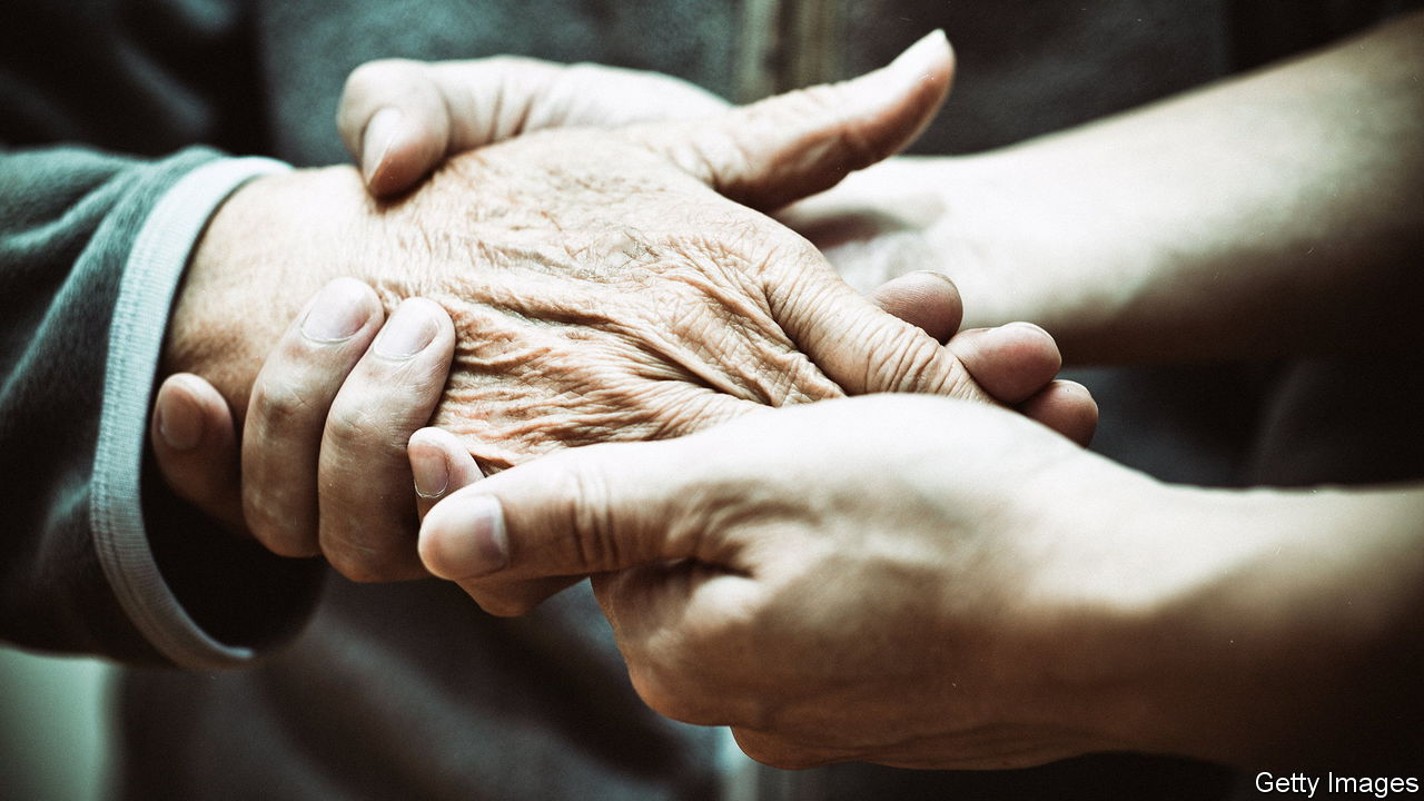
What to read about dementia
How the disease will change the world and what the prospects are for treating it
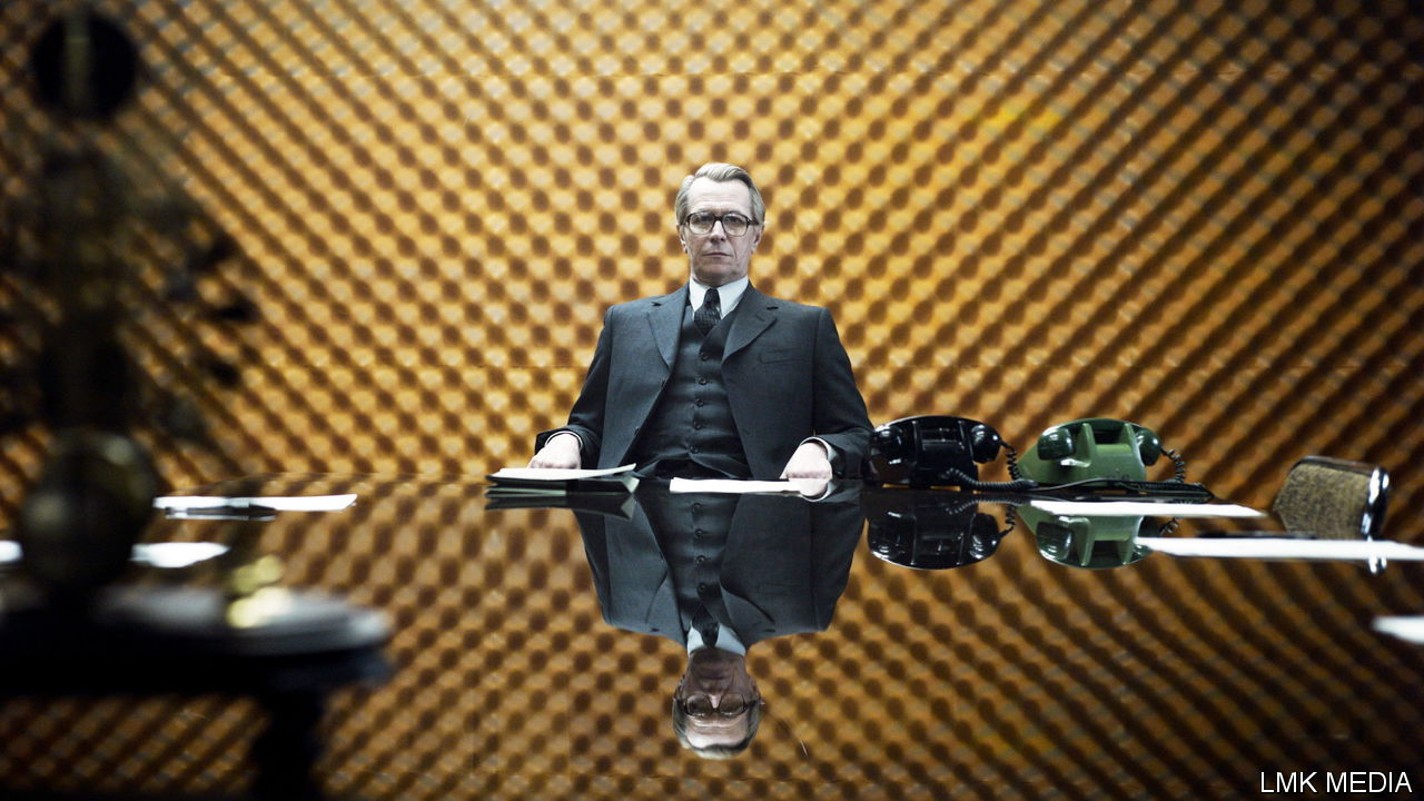
Eight of the best spy novels
Former spooks make especially strong authors